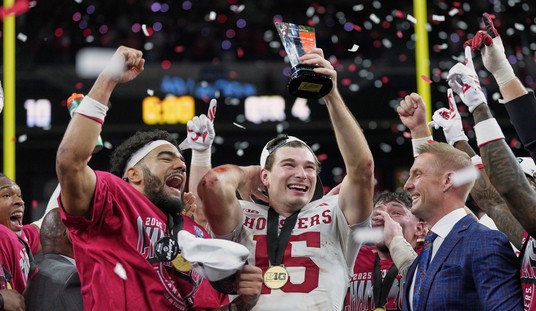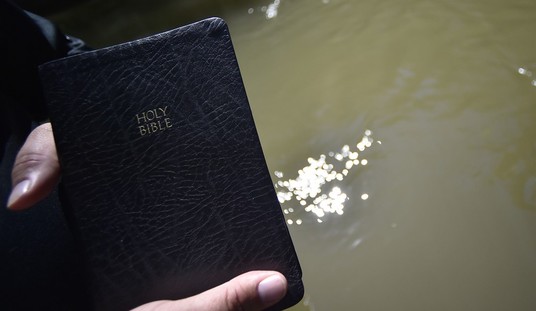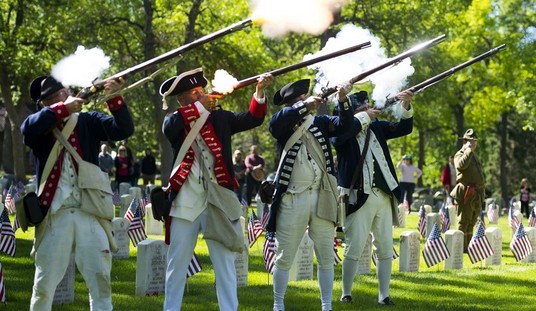I was born in 1988. I do not remember the 80s. I was alive for two years of them, and the only (VERY faint, possibly imagined) recollection I can dredge up from that period is when my family moved to Vermont in 1990, and I sat on my parents’ bed watching the movers place our furniture. But that might also have been a dream.
In fact, I only have fuzzy memories of elementary school as well. I’m no Jean Shepherd. I spent most of my youngest years so firmly ensconced inside my own imagination that I remember the stories I read more vividly than many things that happened in reality. By middle and high school, I was finally participating in the world around me, forming a wide circle of friends in drama club, going to the (small, ratty) mall, driving around at night with the windows down singing along to the radio with my pals. That was in the late 90s and early aughts.
Today, most people who remember being a middle- or high-schooler in the 80s are now in, or nearing, their 40s. Even someone who is 30 this year was only in elementary school by the time the 90s dawned; they weren’t having Breakfast Club coming-of-age experiences in the 80s. So why is it that the people who seem to feel the fiercest, loudest nostalgia for the 80s — college kids who throw 80s-themed parties, twenty-somethings who voraciously consume Buzzfeed listicles on 80s nostalgia — either didn’t live through the 80s, or were too young to remember or care about pop culture at the time?
I think my generation likes to borrow 80s nostalgia for the same reason that 70s style made a comeback in the 90s (when I was in middle school, That ’70s Show first aired, and bell bottoms and tie-dye made a sudden resurgence): it’s just old enough to seem cool again, but we weren’t around for the trend’s first incarnation so we don’t have any embarrassing memories associated with it. I think each generation of new adults (people in their early to mid twenties) seeks ways to appear older, so they feel less afraid and inexperienced, and blend in more with their new social cohort outside the extremely age-segregated world of school. An easy way to do that is to identify with the pop culture nostalgia of a generation to which we don’t belong.
I got to thinking about this when I started rewatching Buffy the Vampire Slayer from the first episode. The show ran from 1997 to 2003; it premiered when I was 9, and ran until I was 15. I was too young to watch the show when it started, but I remember catching episodes when I was in high school, and then watching reruns with my friends when we could catch them. Rewatching it now fills me with nostalgia for the 90s — the period when I actually grew up. Little things make me go “Oh, I remember that now!”, from the fashion and slang to the old computers in the classroom and the general computer illiteracy of Buffy’s classmates (can you imagine a 16-year-old today who doesn’t know what the DEL button does?). I love the fact that in the first season, total hottie Buffy has fluffy, curly hair while quiet, nerdy, unfashionable Willow has the stick-straight hair that was shortly to become hugely popular thanks to Jennifer Aniston in Friends.
This show is 90s nostalgia — at least, for me. The puffy hair clips, stretchy claw headbands, crop tops and miniskirts, fluffy bangs, peach lipstick, hoop earrings, chunky shoes, and blocky men’s shirts spoke to me. I remember the sound of teenaged indie rock and ska bands. I remember when all the computers in the school were in one place — the computer lab — and virtually no one had personal cell phones, but a few kids had pagers. And for the first time, I went, “Yeah! The 90s had some great stuff!” I felt proud to be a 90s kid, whereas before I’d just felt left out of the 80s party.
Am I just old enough to finally embrace my own high school nostalgia, without having to borrow someone else’s in order to seem mature? Or is it that we’ve finally spent enough time away from the 90s for them to seem cool again? When I think about the 90s hippie/disco trend, I also remember a great scene from an episode of Freaks and Geeks (which is set in 1980), in which one character talks sneeringly about hippie style being out. It wasn’t out — it was just hibernating for ten years, which was clearly the show writers’ inside joke with the audience.
Don’t get me wrong, I still love 80s pop culture. I listen to Pandora’s “Echo & the Bunnymen” station at work. In college, I thought every Smiths song was about me. I love almost all of John Hughes’ movies (especially Sixteen Candles) and the high school reunion episode of Psych that lampoons them. But I can enjoy them the same way I enjoy picking through battered vinyls at the local music shop, or midnight screenings of Beetlejuice at the local arts cinema: because they’re fun, not because I feel I have to pretend I was there.











Join the conversation as a VIP Member